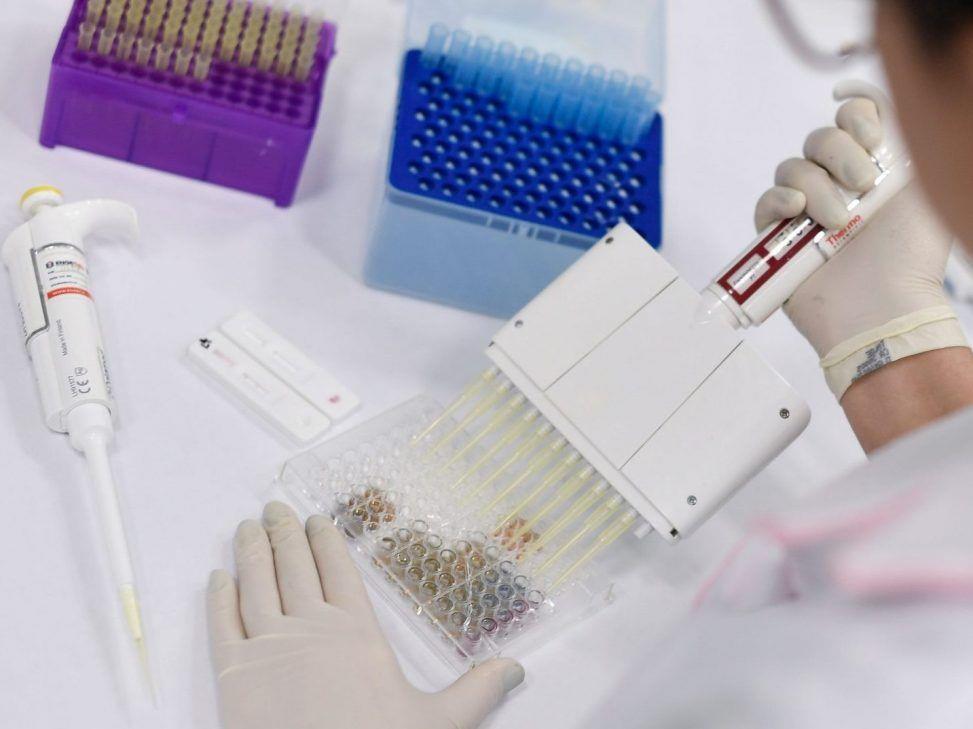CHICAGO, July 20 (Reuters) - Early data from trials of three potential COVID-19 vaccines released on Monday (Jul 20), including a closely-watched candidate from Oxford University, increased confidence that a vaccine can train the immune system to recognise and fight the novel coronavirus without serious side effects.
Whether any of these efforts will result in a vaccine capable of protecting billions of people and ending the global pandemic that has claimed more than 600,000 lives is still far from clear. All will require much larger studies to prove they can safely prevent infection or serious disease.
The vaccine being developed by British drugmaker AstraZeneca along with the Oxford University, induced an immune response in all study participants who received two doses without any worrisome side effects.
A coronavirus vaccine under development by CanSinoBiologics and China's military research unit, likewise showed that it appears to be safe and induced an immune response in most of the 508 healthy volunteers who got one dose of the vaccine, researchers reported.
Some 77 per cent of study volunteers experienced side effects like fever or injection site pain, but none considered to be serious.
Both the AstraZeneca and CanSino vaccines use a harmless cold virus known as an adenovirus to carry genetic material from the novel coronavirus into the body. Studies on both vaccines were published in the journal The Lancet.
"Overall, the results of both trials are broadly similar and promising," Naor Bar-Zeev and William Moss, two vaccine experts from Johns Hopkins Bloomberg School of Public Health, wrote in a commentary in The Lancet.
However, the CanSino candidate again showed signs that people who had previously been exposed to the particular adenovirus in its vaccine had a reduced immune response.
The study authors called that "the biggest obstacle" for the vaccine to overcome.
German biotech BioNTech and US drugmaker Pfizer released details from a small study in Germany of a different type of vaccine that uses ribonucleic acid (RNA) - a chemical messenger that contains instructions for making proteins.
The vaccine instructs cells to make proteins that mimic the outer surface of the coronavirus. The body recognises these virus-like proteins as foreign invaders and can then mount an immune response against the actual virus.
In the not-yet peer reviewed study of 60 healthy adults, the vaccine induced virus-neutralising antibodies in those given two doses, a result in-line with a previous early-stage US trial.
The burst of announcements followed publication last week of results of Moderna's vaccine trial, showing similarly promising early results. Moderna's vaccine also uses a messenger RNA platform.
"It's encouraging that all these vaccines seem to induce antibodies in people," said former World Health Organization (WHO) assistant director-general Marie-Paule Kieny of the French research institute Inserm. "This proves that the science is moving forward very quickly, which is a good sign."
